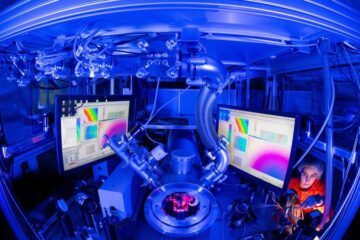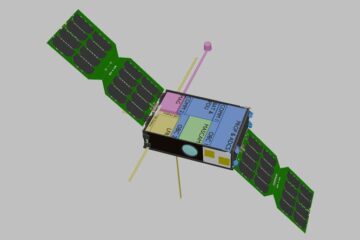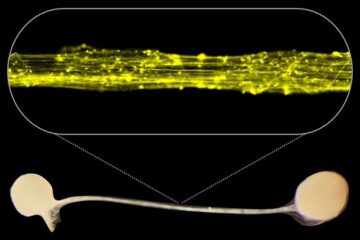The Significance of Marine Technology in Science Communication – Challenges and Opportunities

Enormous progress has been made in the field of marine technology over the last decade. Sophisticated remotely operated autonomous underwater vehicles have been deployed on a number of seagoing expeditions, while seafloor drill rigs, moving landers, and other high-tech instruments have been developed for use in marine research.
By deploying camera and video systems on these instruments, new and fascinating insights concerning the functioning of deep ocean ecosystems like cold-water coral reef communities, hot seeps, and cold vents have been gained that can be communicated directly to a wide audience. Moreover, mapping of mud volcanoes in the Mediterranean Sea with the aid of video camera systems have illustrated the scientific value of state-of-the-art diving tools.
In the session on “The Significance of Marine Technology in Science Communication” Public Relation and communications experts will present and discuss the challenges and opportunities associated with communicating the results of marine research to key target audiences, such as journalists, teachers, students, and the wider public, particularly through the use of video and photo material from the deep sea.
Supported by the Marine Board of the European Science Foundation five speakers from eminent marine research institutions in Belgium, Germany, Ireland, Norway, and the United Kingdom, will present their respective approaches: How can we reach the next generation of marine scientists through schools and universities? What profits can be gained from e-learning programmes dedicated to oceans and seas? How can the awareness of a wider public about fragile marine resources be increased by using underwater video material? How can deep sea video material best be made available to TV journalists and, through them, to a wider audience?
The speakers will tackle those questions and foster interactive debate with the audience in order to share experiences between (marine) scientists and public relations/communications experts.
Speakers:
Albert Gerdes, MARUM – Center for Marine Environmental Sciences, University of Bremen, Germany;
John Joyce, Marine Institute, Rinville, Galway, Ireland;
Kim Marshall-Brown, National Oceanography Centre, Southampton, UK;
Kjartan Mæstad, Institute of Marine Research Norway
Jan Seys, Vlaams Instituut voor de Zee, Ostend, Belgium
Date, time: Thursday, 23 April 2009, 15:30-17:00,
Location: Room 9 – Austria Center Vienna / Bruno-Kreisky-Platz 1 / 1220 Vienna / Austria
Contact: Maud Evrard (Marine Board – ESF) – mevrard@esf.org
Media Contact
All latest news from the category: Event News
Newest articles

Caution, hot surface!
An international research team from the University of Jena and the Helmholtz Institute Jena are demystifying the mechanisms by which high-intensity laser pulses produce plasma on the surface of solids….

Exploring the Asteroid Apophis With Small Satellites
In five years’ time, a large asteroid will fly very close to Earth – a unique opportunity to study it. Concepts for a national German small satellite mission are being…

First model of the brain’s information highways developed
Our human brain is not only bigger and contains more neurons than the brains of other species, but it is also connected in a special pattern: Thick bundles of neurons…





















